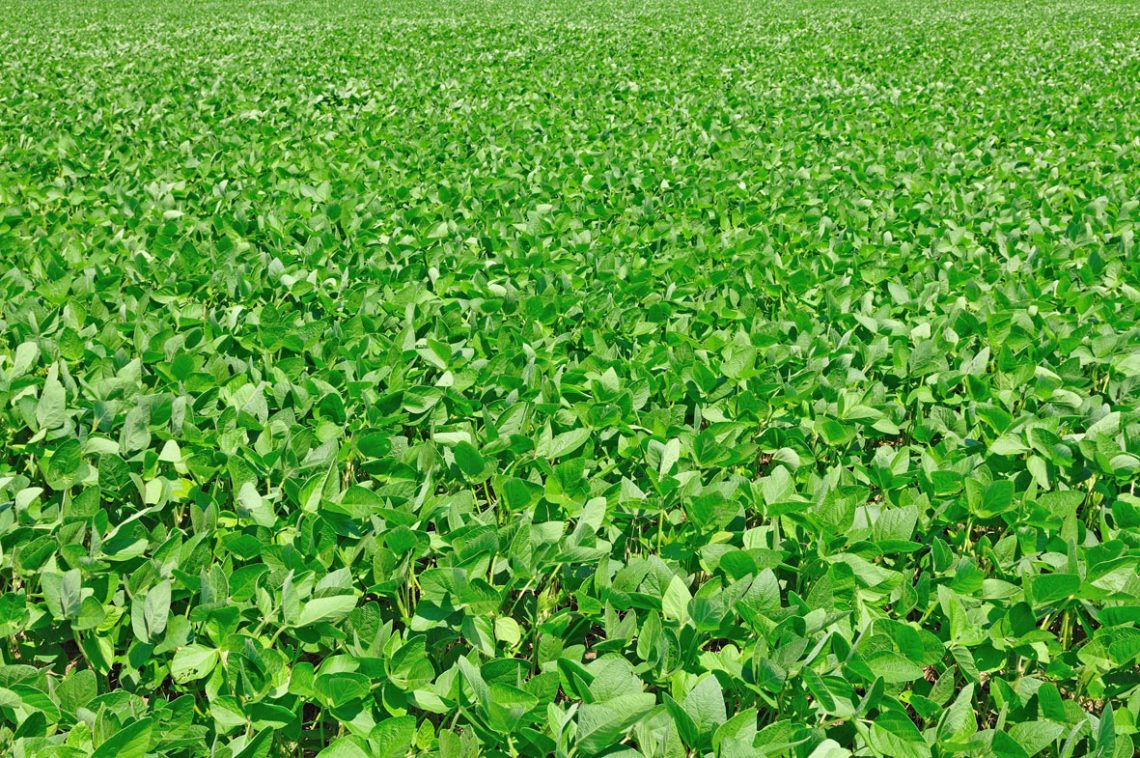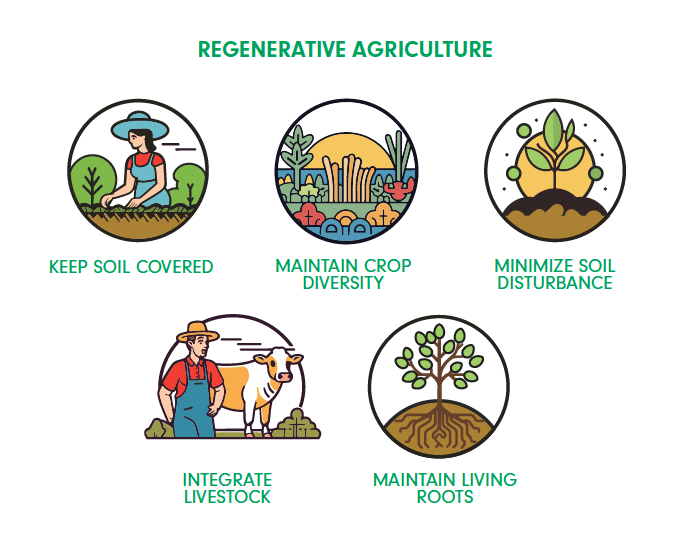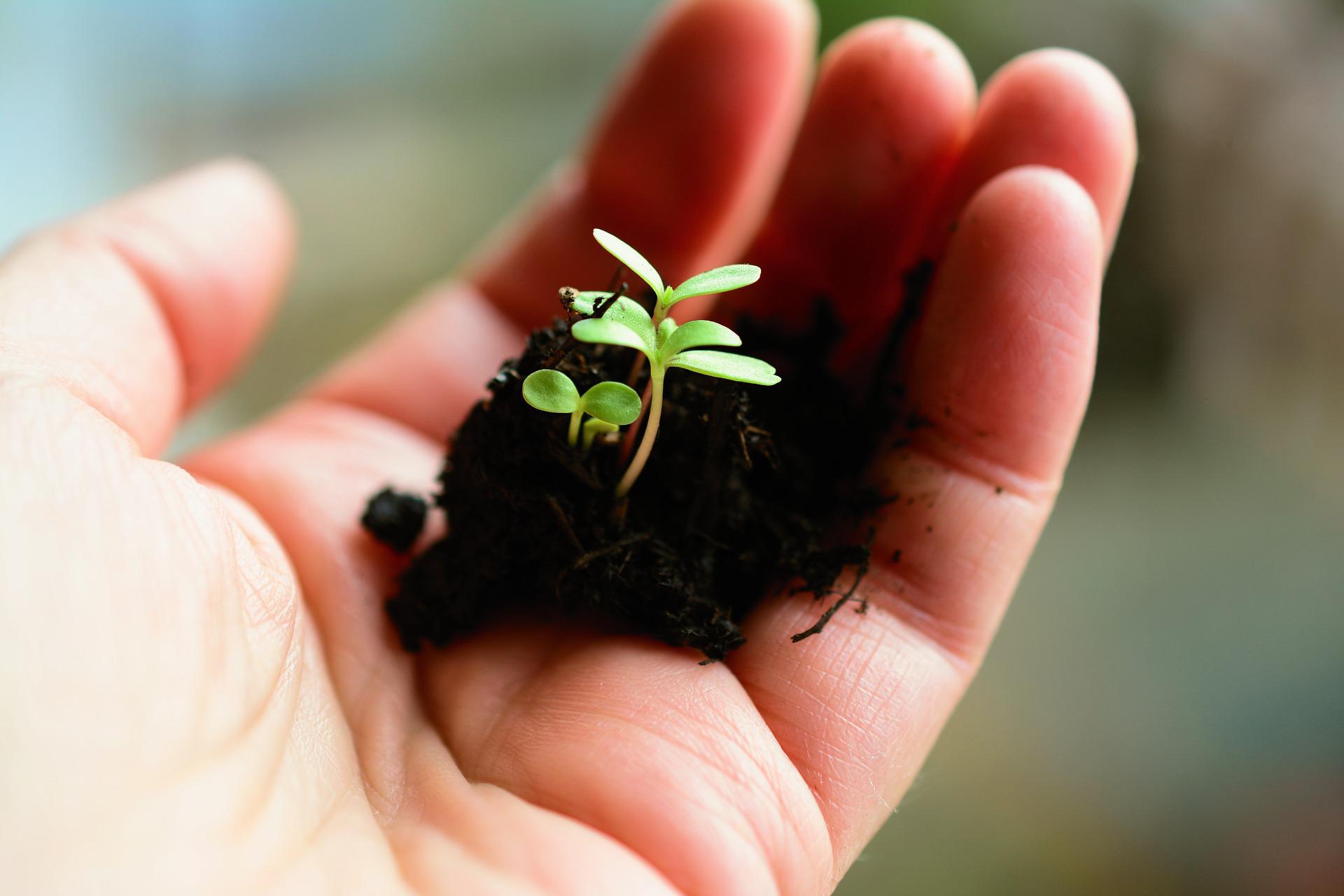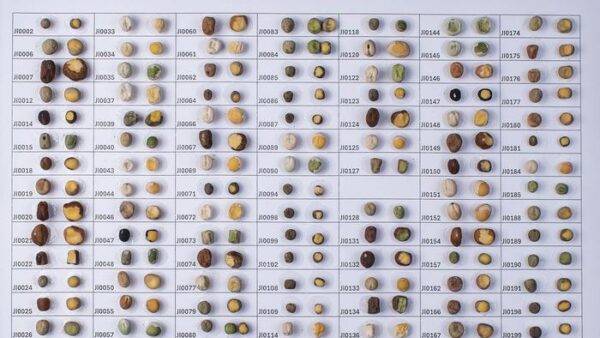In this issue of European Seed, we would like to put the spotlight on the European seed companies that are working hard and making great efforts to mitigate climate change.
To get a better picture of what European seed companies are doing to mitigate climate change, we asked all national seed associations in Europe, and many other peers in the European seed sector, to send us their nominations of companies that are embodying that effort.
Read about companies 1-5 here.
Read about companies 6-10 here.
Read about companies 11-15 here.

Broad Scale Breeding for Climate Resilience
Selgen, a. s, Czechia
In all of Selgen’s breeding activities, great attention is paid to breeding for disease resistance as this means less pass-overs with chemicals and less diesel. For example, in cereals, breeding is focused on fungus and virus resistance. New red clover and crimson clover varieties are created with a high yield of forage and seed, a good persistence and a high resistance to the complex of root diseases. In its pea breeding, Selgen focuses on high plasticity of varieties that would be suitable for both wet and dry areas because the climate is less predictable. All oat varieties are tested for their resistance to fungal diseases, and abiotic factors, especially drought. In short, Selgen develops new high quality plant varieties that require low input of chemicals and energy. But not only Selgen’s varieties contribute to a better environment. Also, two of its breeding stations already largely cover their energy needs with photovoltaics.

Environmentally Friendly Seed Treatment
MORAVOSEED CZ a.s. Czechia
Higher temperatures and weather extremes create more favourable conditions for the development of diseases, pests and weed species. MoravoSeed has developed a procedure aimed at the ecological destruction of bacteria, fungi and insects in seeds, including the removal of admixtures of quarantine invasive weeds. This involves heat treatment of seeds in combination with ozone treatment. The seed is subjected to laboratory testing using molecular detection methods. Depending on the results, a suitable procedure is designed with subsequent control of its effectiveness. The company is also involved in the management of the INTERREG V-A CZ SK 304011X035 project, which aims to create a regional network of cooperating laboratories in the Czech Republic and Slovakia. The aim is to provide growers with the possibility of rapid and accessible detection of possible symptoms or preventive control of seeds and seedlings before sowing, as a prevention against further spread of problematic pathogens, including viruses. All of this ensures maximum control of seed and crops, avoiding excessive use of chemicals and machinery traverses, saving time, money and the environment.
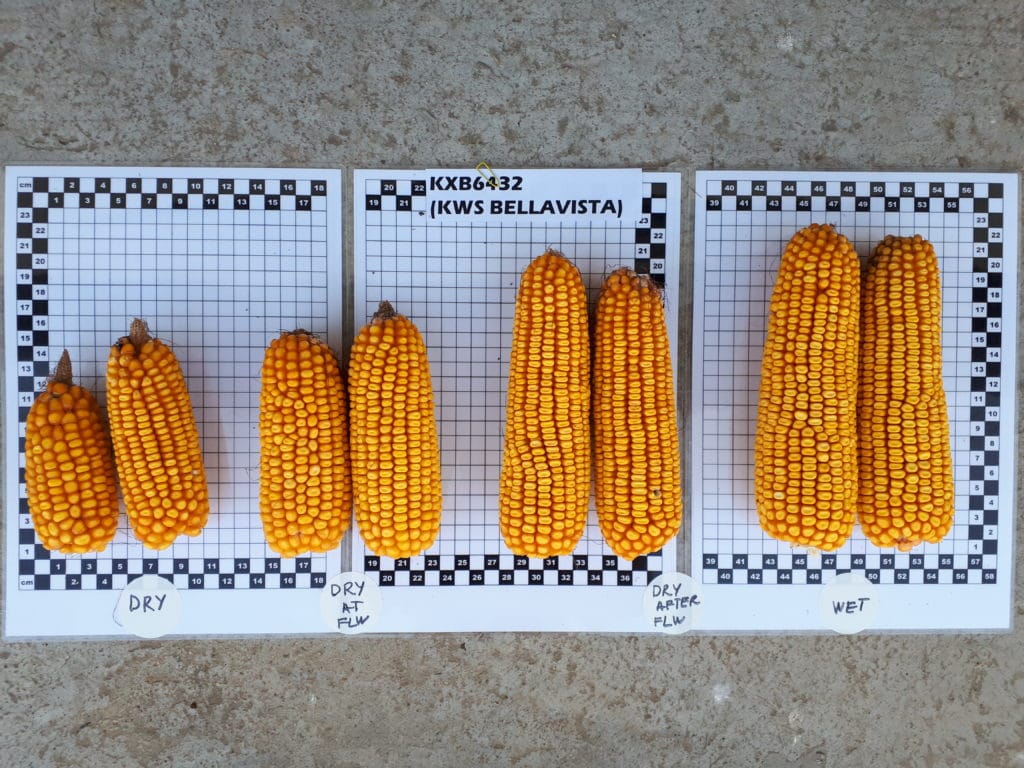
CLIMACONTROL3 in Corn
KWS Saat, Germany
Under the CLIMACONTROL3 (CC3) label, KWS offers innovative, drought-tolerant hybrid grain corn varieties, specifically targeted for south-eastern Europe where drought risks are imminent. The number 3 in the label stands for the three growth phases in which CC3 protects the corn plant from drought stress: before, during and after flowering. Phase one shows a faster vegetative development, and an early determination of the number of kernel rows. This increases chances for a higher yield potential at harvest. Phase two has a focus on the pollination capabilities. CC3 hybrids demonstrate a high level of synchronization between pollen shed and silk exertion, thereby securing a successful fecundation. In phase three, hybrids must be very effective when allocating available resources to grain filling. Here, kernel weight stability and stay green play a major role. CC3 hybrids demonstrate an above average capability to cope with various stress occurrences, resulting from an extensively developed root system, higher water accumulation capacities, better transpiration control and finally and longer assimilation activity and grain filling capabilities.

Even Greener Calculator
HZPC, The Netherlands
As a crop, the potato is a sustainable choice. It has a very small carbon footprint, compared to rice or wheat. And it gets even smaller now. HZPC is presenting ‘Even Greener’, a selection of extra sustainable varieties with a lower impact on the environment. Together with their customers they have looked at what requirements are truly important for sustainable varieties. And the company came up with five sustainable traits: marketable yield, fertilizer, storability, crop protection and freshwater use. Now it is finally possibly to measure and determine whether a variety is sustainable. Not defining by one single trait but by a balanced set of five. In the Even Greener calculator, the customers can indicate which traits are most important to them and HZPC provides a potato variety that meets these requirements. This gives them access to the best sustainable potato varieties.

Increasing Climate Resilience
NIAB, UK
NIAB has been very active in its efforts to mitigate climate change. NIAB’s plant-microbe interaction specialists are working to reduce chemical inputs by using beneficial microbes to improve growing techniques, such as N-fixing bacteria and arbuscular mycorrhizal fungi in production systems. Soil biologists within NIAB are expanding the understanding of carbon sequestration within farming systems, investigating the use of low tillage production systems to capture more carbon, retaining it in the ground longer and reducing soil greenhouse gas emissions. Not only does NIAB drive innovation through its research, but it also strives to adopt best practices for minimizing its own footprint. Built in 2010, the Sophi Taylor Conference facility was state-of-the-art and remains a beacon of sustainability. All building works at NIAB since, have incorporated elements from this building to enhance their green credentials. Integral to addressing climate change is the development of next generation expertise by investing in training for technical staff at all levels within the organisation along with providing industry-facing Continuing Professional Development courses. NIAB have joined with partners to establish a ¬£3.6M, industry-led, doctoral training programme that provides a platform for training and learning for sustainable agriculture innovation.
Check Out Past ’20 Most’ Winners:
The 20 Most Innovative Plant Varieties of 2020
20 Most Innovative Breeders in the European Seed Sector in 2019
20 Most Influential People in the European Seed Sector in 2018



